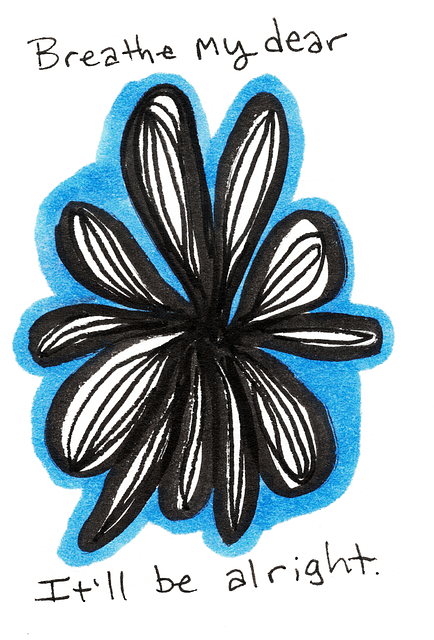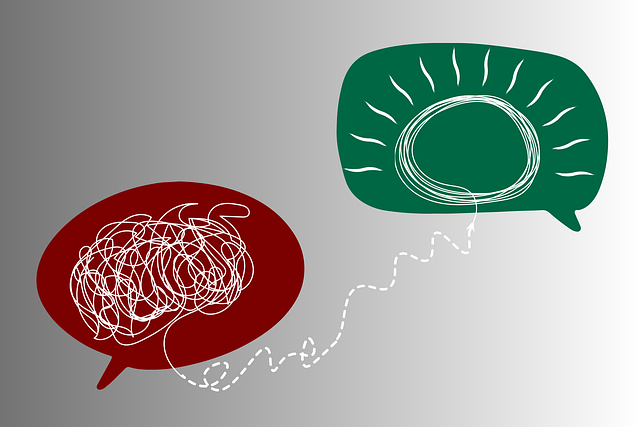Mental wellness groups facilitated with skill and care thrive on dynamic interactions within a safe, supportive environment designed through clear boundaries, active listening, and diverse communication methods. These factors, grounded in Westminster Relationship Issues Therapy principles, empower members to share experiences, build support systems, manage stress, and ultimately enhance their mental wellness. An inclusive, culturally sensitive approach ensures every participant feels validated, fostering resilience and community connection.
Mental wellness group facilitation is an essential skill in helping individuals navigate challenging emotions and experiences. This guide explores effective techniques for facilitators, focusing on creating a safe space for healing. We delve into understanding group dynamics, enhancing communication, fostering engagement, and promoting active participation. These strategies, backed by best practices in Westminster Relationship Issues Therapy, empower facilitators to support participants on their journey towards mental wellness.
- Understanding Mental Wellness Group Dynamics
- Effective Communication Strategies for Facilitators
- Techniques to Foster a Safe and Supportive Environment
- Promoting Engagement and Active Participation
Understanding Mental Wellness Group Dynamics

Understanding the dynamics within mental wellness groups is a cornerstone for effective facilitation. These groups, often formed to address Westminster relationship issues and foster therapy, create unique environments where individuals share experiences, gain insights, and build support systems. The interplay between members varies; some find solace in shared struggles, while others may offer perspectives that open new avenues for healing.
Group dynamics are influenced by factors like the size of the group, the diversity of participants’ backgrounds and experiences, and the level of trust established among members. Facilitators play a crucial role in navigating these complexities, ensuring everyone feels heard and respected. Techniques such as active listening, structured discussions, and promoting open communication help build a safe space where individuals can cultivate their inner strength, enhance social skills, and ultimately improve their mental wellness.
Effective Communication Strategies for Facilitators

Effective communication is a cornerstone of successful group facilitation, especially when addressing sensitive topics like Westminster Relationship Issues Therapy. Facilitators play a vital role in creating a safe and supportive environment where participants feel heard and understood. One key strategy is active listening, where facilitators pay close attention to each member’s perspective, paraphrasing and summarizing their thoughts to ensure comprehension. This not only demonstrates empathy but also encourages open dialogue.
Additionally, using inclusive language that avoids stigmatization or judgment is essential. Facilitators should be mindful of their tone, body language, and word choice to foster a sense of trust. Encouraging participants to share their experiences through storytelling can be powerful, allowing them to build upon each other’s insights. This collective exploration can lead to profound revelations and the development of inner strength. Moreover, facilitators can enhance engagement by incorporating diverse communication methods, such as discussions, role-plays, and interactive activities, tailored to the group’s needs and the Mental Health Education Programs Design they are supporting.
Techniques to Foster a Safe and Supportive Environment

Creating a safe and supportive environment is paramount for effective mental wellness group facilitation. This begins with establishing clear boundaries and expectations from the outset, ensuring every participant feels respected and heard. Facilitators should encourage active participation through open-ended questions, fostering an atmosphere where individuals feel comfortable sharing their experiences without fear of judgment. Techniques like active listening and reflective practices enable facilitators to validate emotions, boosting participants’ confidence in expressing themselves honestly.
Additionally, incorporating strategies from Stress Management Workshops Organization can enhance emotional regulation within the group. By teaching mindfulness exercises or promoting positive self-talk, facilitators arm participants with tools to manage stress and difficult emotions. This not only creates a safer space but also empowers individuals to take charge of their mental wellness, mirroring the principles of Westminster Relationship Issues Therapy in fostering resilient and supportive communities.
Promoting Engagement and Active Participation

In facilitating mental wellness groups, engaging participants and encouraging active involvement is key to creating a supportive and therapeutic environment. Group settings offer a unique opportunity for individuals to connect with peers facing similar challenges, fostering a sense of community and shared understanding. Facilitators should employ strategies that prompt open dialogue, such as encouraging personal narratives and sharing experiences related to Westminster Relationship Issues Therapy. This not only promotes Anxiety Relief but also allows members to learn from one another’s journeys, enhancing their coping mechanisms and resilience.
Cultural Sensitivity in Mental Healthcare Practice is paramount when facilitating diverse groups. Recognizing and respecting individual backgrounds, beliefs, and communication styles ensures every member feels validated and comfortable participating. Incorporating inclusive activities and ensuring clear, accessible Communication Strategies can foster a safe space where everyone feels empowered to share. This interactive approach maximizes the benefits of group therapy, enabling members to develop a deeper understanding of their mental health journeys and build meaningful connections.
Mental wellness group facilitation is an art that empowers individuals through community. By understanding dynamic group behaviors, facilitators can employ strategic communication and create safe spaces, encouraging active participation. These techniques, as discussed in this article, including fostering open dialogue and building a supportive environment, are essential tools for those aiming to lead effective support groups, ultimately enhancing the well-being of participants, much like Westminster Relationship Issues Therapy focuses on individual healing through community engagement.














